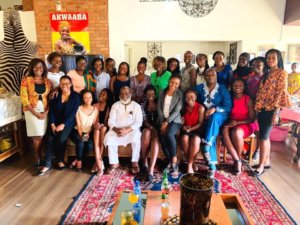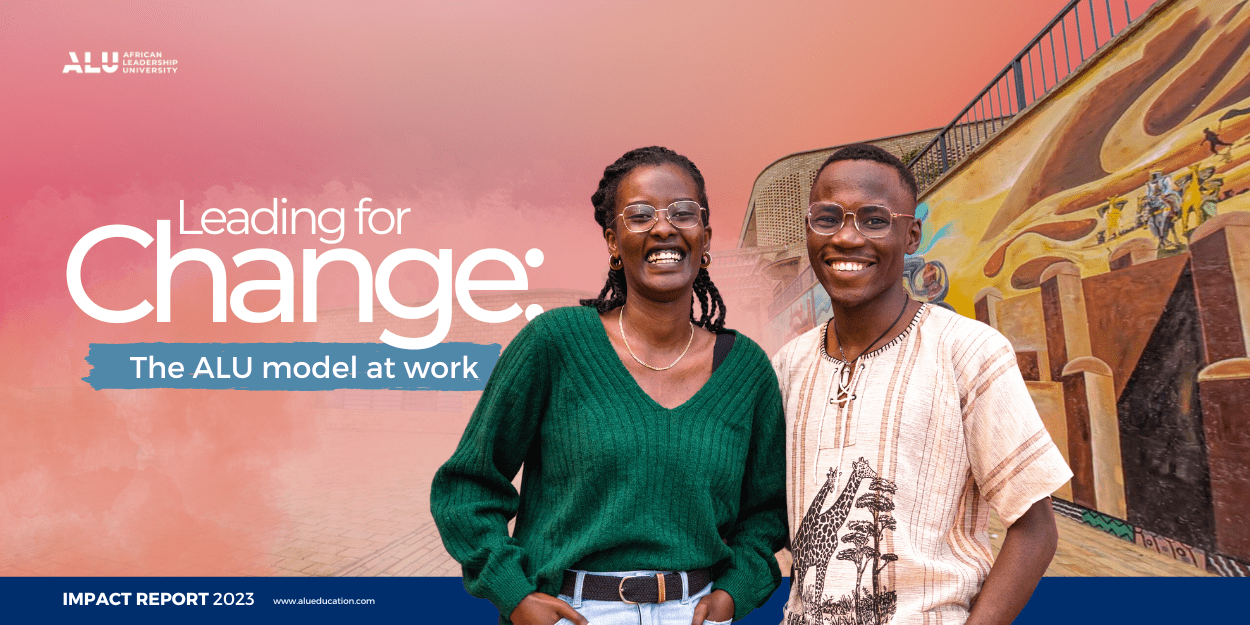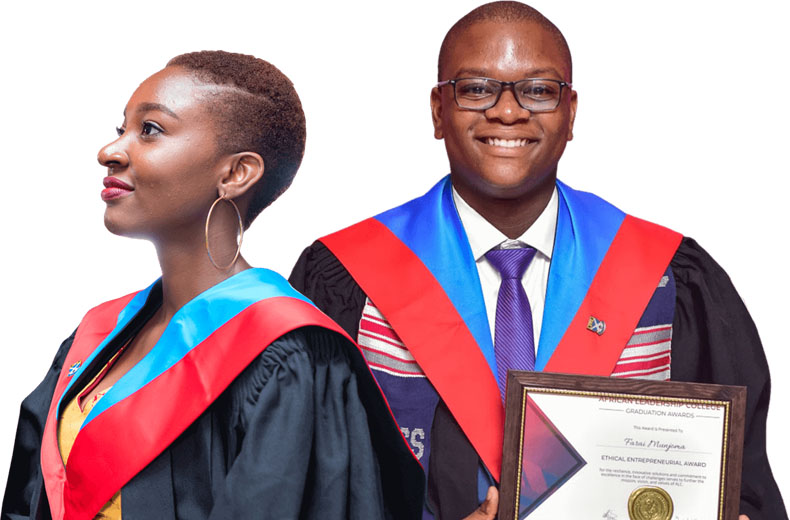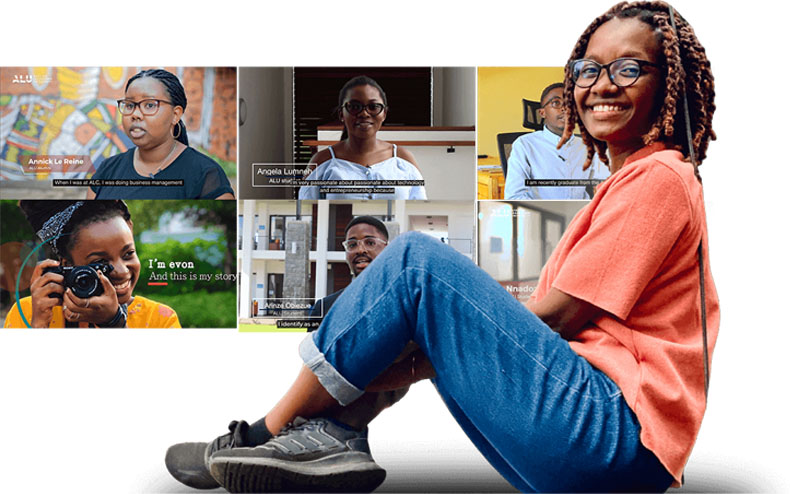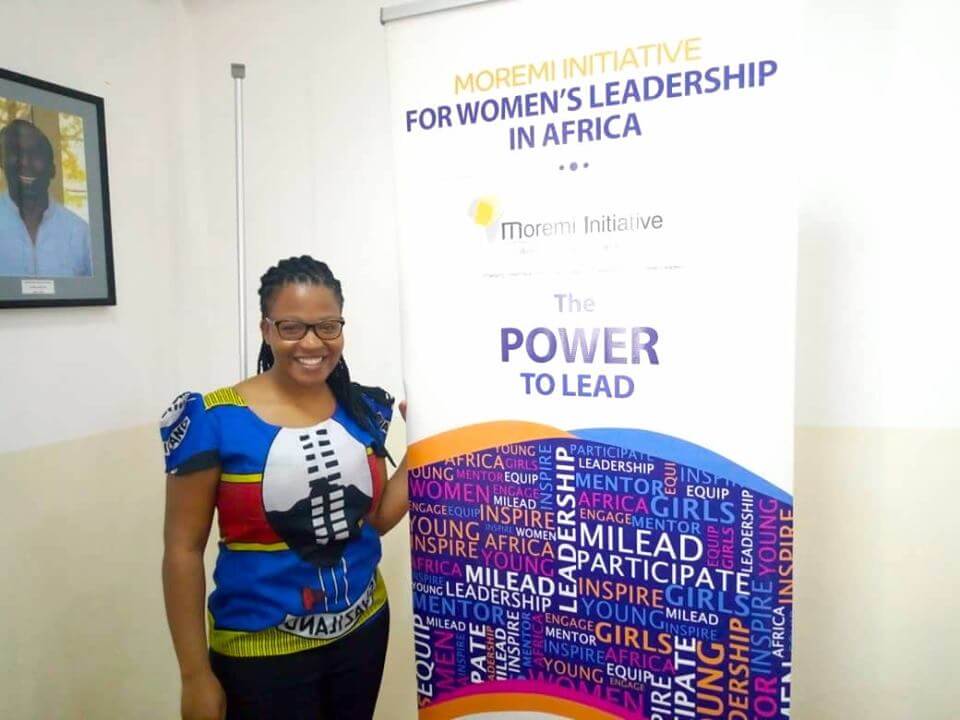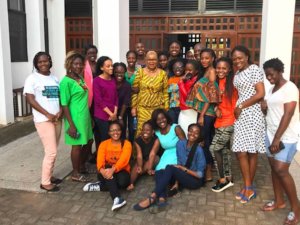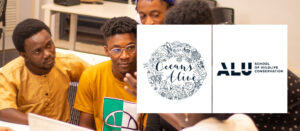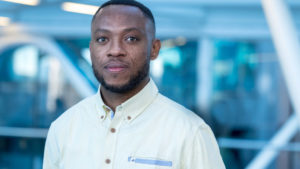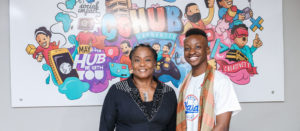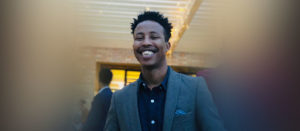True definition of success: This fellowship taught me that my success as an African should not just be about how much I have accomplished but by how much I have helped others become better. Human rights are meant to be enjoyed by everybody and societal structures like wealth and power should not define who deserves them better. The role of leadership is to ensure prosperity for all.
Leaders arise from unfavorable circumstances: Hearing the raw stories of my fellow sisters showed me that leaders are not just the most affluent people in our communities, but they are the same people that are exposed to risks of war, diseases, and poverty like our fellow Africans. Leaders are people who choose to use what they have to make a difference in their communities.
Own your story: If there is anything that nobody else has done is to live life the way that you have. The unique circumstances that each one of us has been exposed to have shaped us to be who we are today. It is, therefore, our responsibility to define those stories for ourselves and share them with others. As a leader, if you do not own your story, other people might tell it for you and you might not be happy with how they tell it. Sharing yours is also important because it might inspire other people.
Gratitude: This fellowship reminded me that we owe what we have achieved to the people who have believed in and given us an opportunity to be better. It is therefore important to not just look forward but to take a pause and be grateful for all the odds that have worked in your favor.
In the spirit of gratitude, I also appreciate the ALU family for everything they have done for me. Most importantly for giving a story to share with the world. Every ALU graduate walks with a leadership story to tell. That is because, at ALU, people are given the platforms to pursue their passions through various clubs and societies. Unlike some people who had to graduate for them to begin advocacy, at ALU you can be involved in women’s empowerment from day 1 through clubs like FemmePwr, Feminazi Fashion Show, the Women in Tech Club and Switch Conference. I was passionately involved with the debate club and that opened a lot of opportunities for me.
During the intensive, speakers would come and every time I introduced myself as an ALU graduate, I would hear: “That is a great university; Oh Fred’s school; You uphold Pan-African excellence”, amongst other comments. I was always proud to hear them because it meant that as an ALU graduate, I was already basking under the reputation that the university had created for me. It was also great to meet some people with whom I had mutual friends from ALU. It reminded me that ALU is not just a university, but it is where Africa converges to develop her young people into leaders.
— Simiso Shabangu, ALU Graduate
